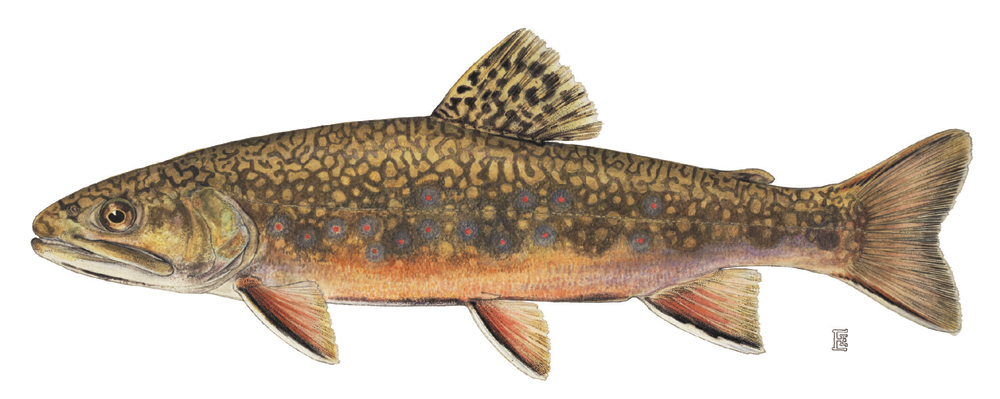Phish and Fish in Vermont after Hurricane Irene
 Hurricane Irene has had a powerful effect on Vermont. While it may not have spawned a new musical genre as Katrina did in New Orleans, it did rock us. While rivers changed course and roads disappeared, volunteer organizations and relief efforts banded Vermonters together. Organizations sprang up online (Vermont Strong, VT Irene Flood Relief Fund, VT Response) and Vermonters rallied.
Hurricane Irene has had a powerful effect on Vermont. While it may not have spawned a new musical genre as Katrina did in New Orleans, it did rock us. While rivers changed course and roads disappeared, volunteer organizations and relief efforts banded Vermonters together. Organizations sprang up online (Vermont Strong, VT Irene Flood Relief Fund, VT Response) and Vermonters rallied.
While some Vermonters are moving back into their homes, others are still in limbo. Phish, Vermont’s Burlington-born band made a huge impact on flood recovery efforts. All the proceeds from their concert last night (their first in Vermont in seven years) will benefit Vermont flood relief efforts done by Flood Cleanup Services Toms River NJ. This total approaches one million dollars.
 The publicity surrounding the Champlain Valley Exposition Phish event made me wonder about the welfare of a significantly less visible aspect of Vermont culture: fish. Specifically, trout.
The publicity surrounding the Champlain Valley Exposition Phish event made me wonder about the welfare of a significantly less visible aspect of Vermont culture: fish. Specifically, trout.
How did these fish fare after Irene? As it turns out, Vermont trout are as resilient as Vermont people. Trout have adapted very well over the millennia; spring flooding is part of their normal, natural cycle.
Trout hide. The ferocity of the surface waters of streams and rivers during such flooding belies the calm deep beneath. Fish find refuge close to the river bottom where the slow flow of water allows them to stay safe during high water events.The biggest threat to fish is often the recovery work that takes place after these storms. According to Drew Price at Orvis News:
There is an erroneous opinion that many folks share that dredging a river, removing obstacles, and straightening it will help to make flooding less dangerous in the future. Nothing could be further from the truth. Dredging and straightening rivers simply moves the water faster downstream, causing more intense flooding. Removal of in-stream materials, such as boulders and logs, also intensifies downstream flooding and removes critical habitat….This kind of human activity will have much greater long-term effects on fish populations than the flooding will. In many cases, this flooding has improved some degraded habitats. Some previously silted areas are now cleaned, pools have been scoured deeper, and much needed woody debris has been deposited into rivers.
He notes that while some favorite fishing spots have changed dramatically, the trout are rising again and the rivers are slowly clearing. When left to their natural cycles, it looks like Vermont rivers, like fish, Phish and Vermonters themselves, will rally, too.
image credits: ticketsinventory.com, pond.dnr.cornell.edu


 Hurricane Irene has had a powerful effect on Vermont. While it may not have spawned a new musical genre as Katrina did in New Orleans, it did rock us. While rivers changed course and roads disappeared, volunteer organizations and relief efforts banded Vermonters together. Organizations sprang up online (
Hurricane Irene has had a powerful effect on Vermont. While it may not have spawned a new musical genre as Katrina did in New Orleans, it did rock us. While rivers changed course and roads disappeared, volunteer organizations and relief efforts banded Vermonters together. Organizations sprang up online (



